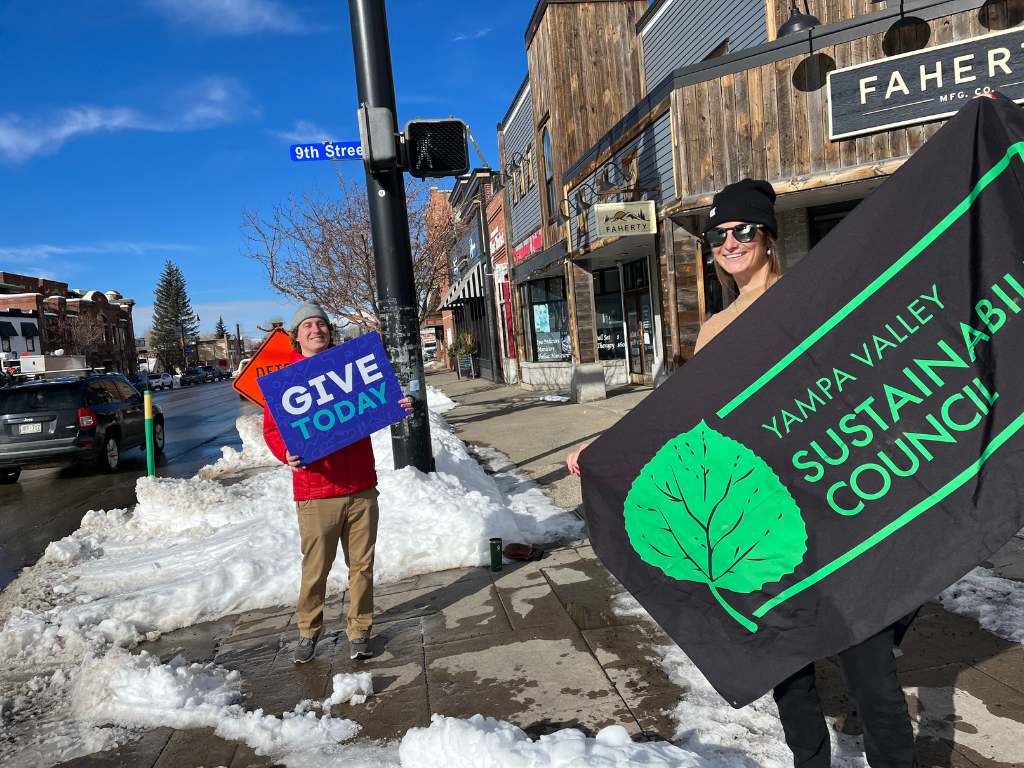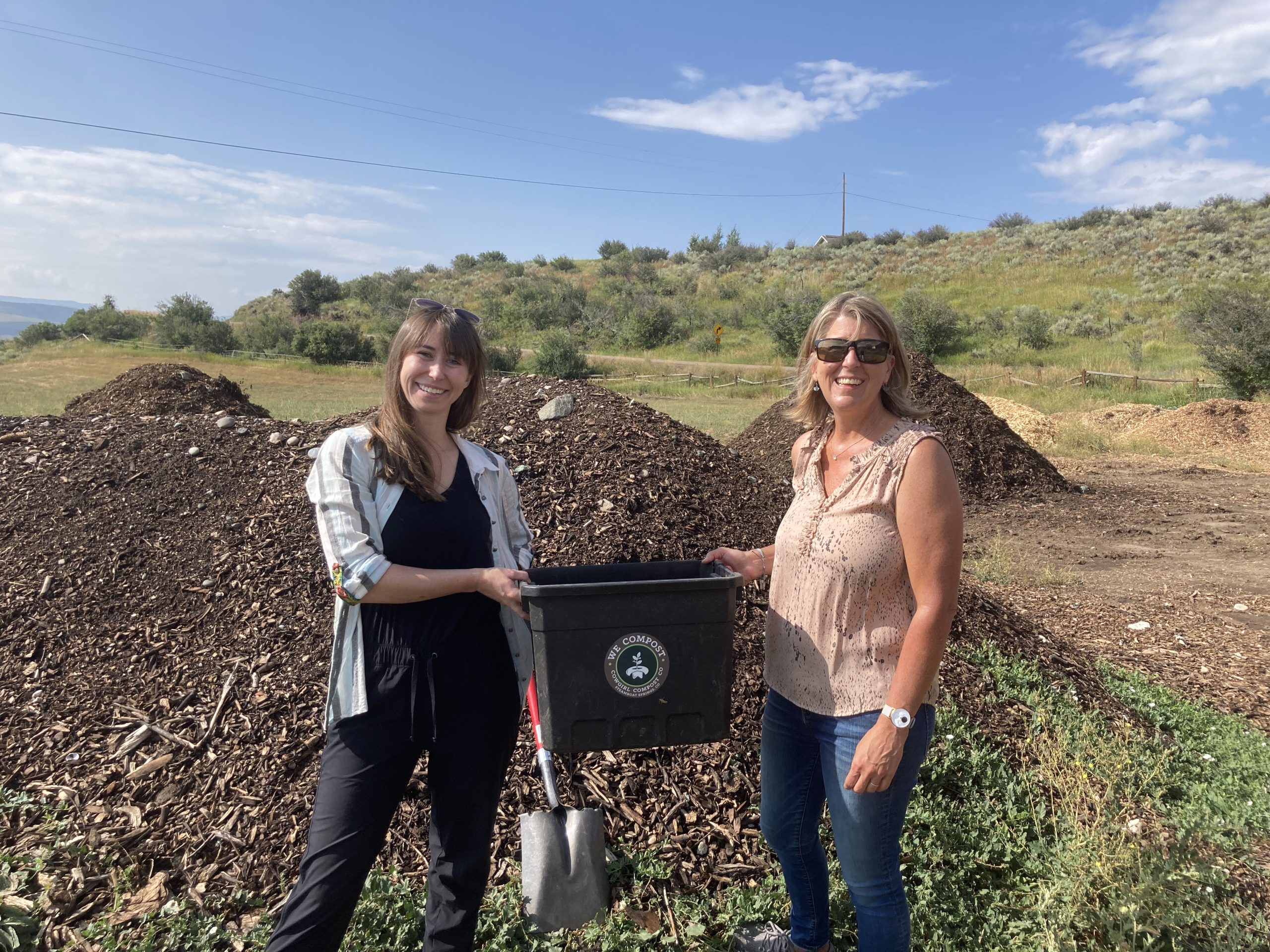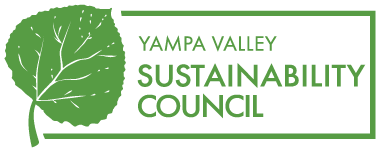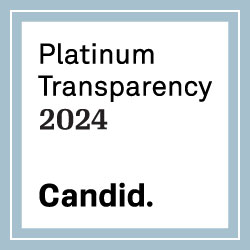APRIL 12, 2019 BY
STEAMBOAT SPRINGS — Members of the Yampa Valley Sustainability Council presented a finalized plan to boost local recycling and composting efforts to the Board of Routt County Commissioners during its Tuesday meeting.
The Sustainability Council identified six priority areas that would create more recycling opportunities, which range from a composting collection service to a community-wide education campaign.
The plan is an attempt to prepare the county for a statewide initiative to improve recycling and composting in the coming decades. In 2017, Colorado Solid and Hazardous Waste Commission set a goal to divert 45% of municipal waste from landfills by 2036.
The state’s current diversion rate is just 12%, according to the commission, far below the national average of 35%.
Routt County has not fared much better. A study last year on waste diversion in Northwest Colorado found 77.5% of waste sent to landfills could have been recycled or composted.
This comes after China, once the largest importer of recycled materials from the U.S., banned countries from sending them their plastic waste. The restriction has exacerbated local and national efforts to reuse scrap materials.
As of January 2018, when the ban took effect, much of the plastic Americans recycle has ended up in landfills, incinerators or in other countries that lack the infrastructure to properly deal with it.
A major aim of the waste diversion plan as a whole is to make recycling more lucrative for the county, so the program can become self-sustaining. Scott Cowman, the county’s environmental health director, said that all comes down to getting more recycled material from residents that the county can then sell.
“If you get more volume, it pays for itself better,” he said at the meeting.
- Curbside recycling: Increase access to curbside recycling in rural Routt County and at businesses and multi-family homes.
- Composting: Provide composting options for neighborhoods and the largest producers of organic waste.
- Businesses: Increase access and availability to recycle and educate businesses about waste reduction.
- Construction materials: Develop infrastructure to divert waste from construction projects.
- Drop-off: Develop a convenient recycling drop-off for hard-to-recycle materials.
- Education: Educate the community to increase recycling and ensure people know what can be recycled.
Most of the plan’s objectives for coming years seek to do just that.
The first of its six priorities is to improve accessibility to curbside recycling across Routt County. Cameron Hawkins, the Sustainability Council’s waste diversion director, explained current city policies only require single-family homes to recycle.
Multi-family units, as well as residents in rural parts of the county, must recycle on their own volition. That often does not happen. To this end, the diversion plan looks to Hayden as a model. The town provides curbside recycling to all of its residents.
Other parts of the plan seek to expand programs the Sustainability Council has already spearheaded.
Two annual drop-off days allow people to dispose of hard-to-recycle materials like car batteries, scrap metal and electronic appliances. Last year, the program diverted more than 66 tons of material from the landfill, according to the waste diversion plan.
Commissioner Beth Melton voiced her amazement at how popular the drop-off events have become.
“It’s really cool to see that the community is so invested in sitting in line for 45 minutes to drop all that stuff off,” she said.
Such efforts are not cheap. According to Hawkins, a single drop-off event costs $18,000. That bill includes staff time, supplies and fees for hiring drivers to haul the recycled materials.
Last year, commissioners granted the Sustainability Council $22,000 to develop the plan and implement waste diversion programs in the county.
Under the new diversion plan, part of that money could go toward a more permanent drop-off facility.
Commissioner Doug Monger was supportive of the new plan, but he argued such efforts do not address the fundamental problem of people buying too much stuff.
“Somehow, the consumers need to be educated, and we need to stop it at the source versus you and us dealing with it,” he said.
Anne Mudgett, Sustainability Council communication and marketing director, said the sixth priority area of the plan addresses that issue. It involves educating people about ways to reduce their consumerism as well as supporting efforts to eliminate single-use plastics like grocery store bags.
Hawkins explained many of the objectives outlined in the plan could take several years to come to fruition. Looking to the short term, the Sustainability Council’s goals are to collect data from the six priority areas to determine the scope of future efforts.
Next week, members of the Sustainability Council will present their plan to Steamboat Springs City Council, where they hope council members will officially adopt it.
To reach Derek Maiolo, call 970-871-4247, email dmaiolo@SteamboatPilot.com or follow him on Twitter @derek_maiolo.






